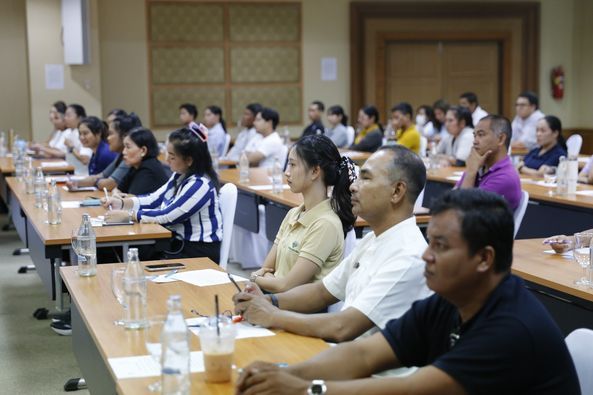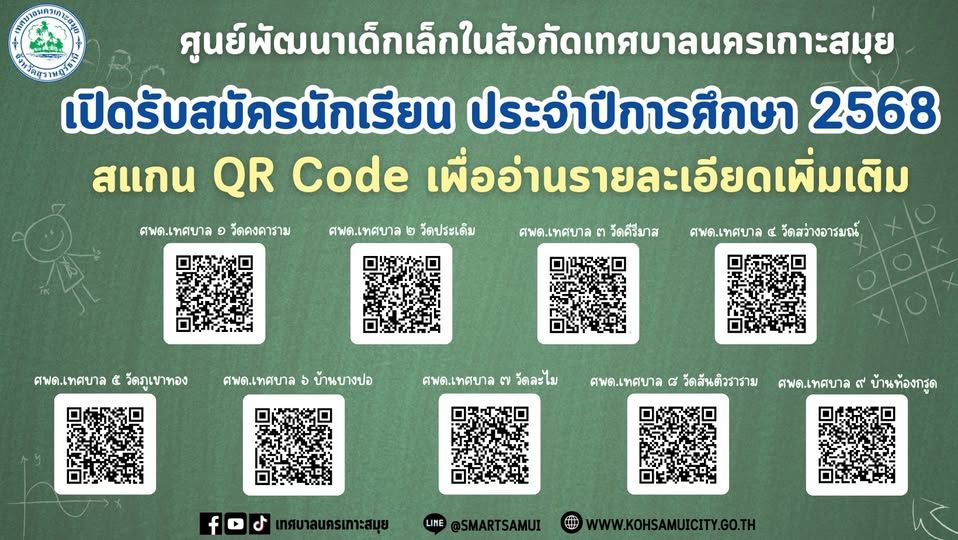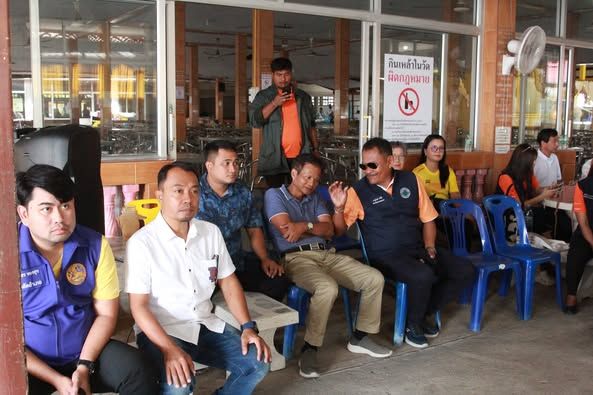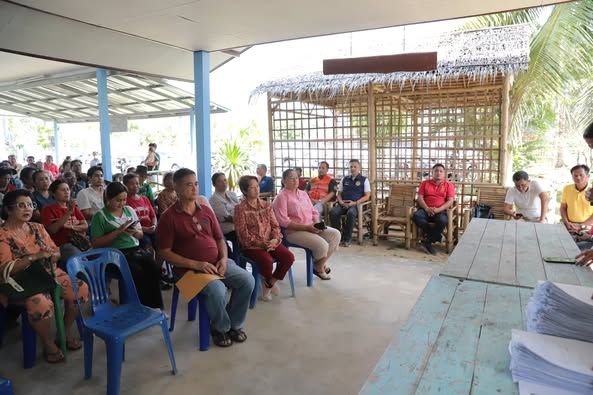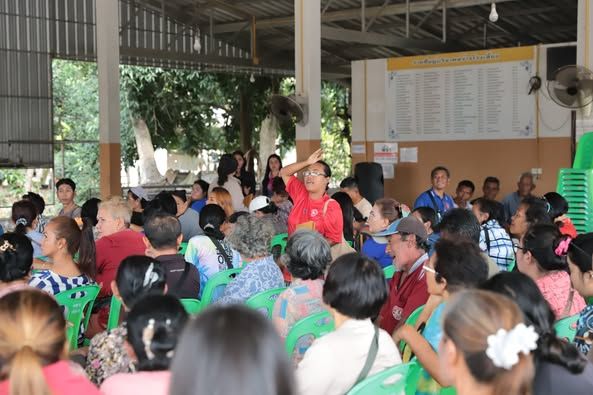Excited to launch the Plastic Smart Cities project in Koh Samui! Let’s come together to protect our island and create a sustainable future. #PlasticSmartKohSamui #Sustainability #ProtectParadise 🌴🌊♻️
In an era where environmental consciousness is not just preferred but essential, the picturesque island of Koh Samui has taken a proactive step forward. Recognizing the perilous impact of plastic on marine life and the need for sustainable tourism, key players have come together to inaugurate an initiative that could change the tide on plastic waste.
The Dawn of a Plastic-Smart Community
At the heart of Samui Island, within the walls of the Chewang meeting room, a significant meeting took place on May 27, 2024. This wasn’t just any gathering. It marked the beginning of a collaborative effort to forge a path toward environmental sustainability.
A Unified Front Against Plastic
The World Wildlife Fund for Nature (WWF), known for its global conservation efforts, joined forces with the Koh Samui City Municipality. The meeting was more than a formality; it was a declaration of intent. Together, they’ve embarked on the ambitious Plastic Smart Cities project, a testament to their commitment to the environment.
Strategic Approach to Reducing Plastic Waste
The Plastic Smart Cities initiative is not a solo fight. It’s a call to arms, bringing together diverse sectors of society. The state, private sector, entrepreneurs, community leaders, and academic institutions are all part of this movement. The goal? To eliminate the use of single-use plastics that too often find their way into our oceans, threatening marine ecosystems.
Businesses at the Forefront of Change
Business establishments, particularly in the hospitality and food service sectors, are on the frontline of this battle. Hotels, restaurants, and cafes are pivotal in reducing single-use plastic products (SUPs). The approach is twofold: not only do these businesses influence consumer behavior, but they also set industry standards.
Education as a Catalyst for Change
Educational institutions like the Samui International Tourism College are crucial in this equation. They’re the crucibles where the next generation of environmental stewards is being forged. Through education and awareness, we can instill a culture of sustainability that extends beyond the classroom and into the core of the community.
Preserving Paradise
Koh Samui’s charm lies in its stunning beaches and lush landscapes—a natural treasure that deserves protection. By reducing plastic waste, we safeguard the island’s beauty for future generations to cherish.
In Summary
The Plastic Smart Cities project in Koh Samui is a shining example of what can be achieved when a community unites for a common cause. With continued dedication, Koh Samui could become a beacon of environmental stewardship—a true paradise preserved not just in pictures, but in practice.
Frequently Asked Questions
How was the Plastic Smart Cities project in Koh Samui initiated?
At the heart of Koh Samui, within the walls of the Chewang meeting room, the initiation of the Plastic Smart Cities project took place on May 27, 2024, signaling a collaborative effort towards environmental sustainability and the reduction of plastic waste.
Who is involved in the Plastic Smart Cities initiative in Koh Samui?
The Plastic Smart Cities initiative is a collective movement involving a variety of key players, including the World Wildlife Fund for Nature (WWF), the Koh Samui City Municipality, state and private sectors, entrepreneurs, community leaders, and academic institutions like the Samui International Tourism College. All are united in the mission to eliminate single-use plastics and promote sustainable practices.
What role do local businesses and educational institutions play in combating plastic pollution on the island?
Local businesses, especially in the hospitality and food service sectors, are at the forefront of driving change by influencing consumer behavior and setting industry standards to reduce the use of single-use plastic products (SUPs). Meanwhile, educational institutions such as the Samui International Tourism College are key in nurturing the next generation of environmental stewards through education and awareness, integrating a culture of sustainability into the community’s foundation.
